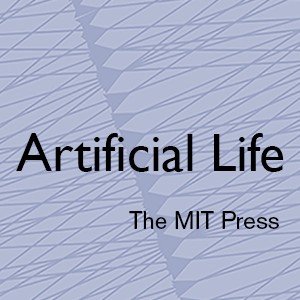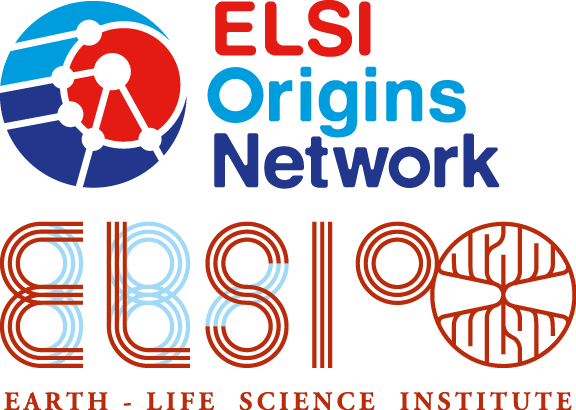Programme
Keynotes
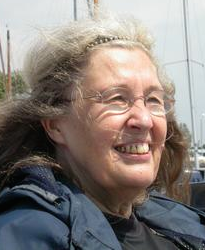
Non-random random mutations: a signature of evolution of evolution (EVOEVO)
Prof Paulien Hogeweg, Utrecht University
Darwinian evolution, i.e. random mutations and selection, not only leads to adaptation to the environment, but more importantly, to the complex multilayered genotype-phenotype mapping, and therewith the mutational neighborhood. As a consequence (the effect of) random mutations is not random but may be biased to be beneficial. I will demonstrate this in several examples, and conclude that such evolved non-random random mutations are a an effective alternative to more well known processes like regulation and speciation to cope with temporal and spatial heterogeneous environments.
Bio: Paulien Hogeweg is a Dutch theoretical biologist and complex systems researcher studying biological systems as dynamic information processing systems at many interconnected levels. In the seventies she coined the term bioinformactics for studying informatic processes in biotic systems. She pioneered individual (agent) based modeling and studied self-organization in behaviour, evolution and development.Currently her main research interest is multilevel evolution and how evolutionary processes themselves evolve.

Design Thinking for Origins of Life studies
Prof Rachel Armstrong, Newcastle University
Design thinking may help enable the origins of life sciences to become more than a blue sky practice for the development of advanced scientific theories but also offer technical platforms for designing and engineering life-like solutions for an ecological era. Exemplary design-led projects are presented to explore the principles of design and engineering with origins of life strategies. Work includes the The Hylozoic Ground installation and Future Venice projects. This research that is situated within the field of "experimental architecture" investigates the value of collaborations between the origins of sciences and design practice as a strategic approach towards new systems such as, artificial soils. These may not only help establish insights into the transition from inert to living matter – but also generate potential cultural impacts and commercial opportunities in the built environment.
Bio: Rachel Armstrong is Professor of Experimental Architecture at the Department of Architecture, Planning and Landscape, Newcastle University. Her research investigates how unconventional computing practices can be applied to the practice of the built environment through the production of prototypes - an approach which she calls 'living' architecture. She is currently scientific curator to the IDEA Laboratory within the Vita Vitale art exhibition for the Azerbaijan Pavillion at the 56th Venice Biennale and a 2010 Senior TED Fellow.
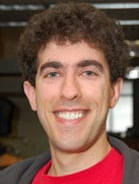
Termite-inspired robots and evolved death: environmentally-mediated coordination in artificial and natural systems
Dr Justin Werfel, Harvard University
See Justin introduce his keynote here.
Complex systems research explores two types of questions about collective behaviors of interacting agents: the forward problem seeks to understand how interesting collective effects emerge from individual actions; the inverse problem is concerned with designing local rules that achieve a particular desired global result. I will discuss recent work in both categories: first, a system of construction robots inspired by mound-building termites, that builds specific structures according to user design; and second, a family of spatial evolutionary models that demonstrates the robust evolution of restraint phenomena, including programmed mortality, which are not captured by traditional theories. In both cases, the key to the result is behavior mediated through persistent environmental state.
Bio: Justin Werfel is a senior research scientist at the Wyss Institute for Biologically Inspired Engineering at Harvard University. His research interests are in the understanding and design of complex and emergent systems, with work on topics including swarm robotics, engineered molecular nanosystems, social insect behavior, evolutionary theory, tissue modeling, computational neuroscience, and educational robotics.
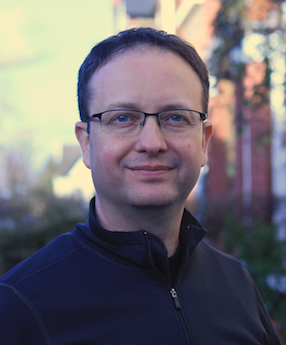
Hybrid Forms
Andy Lomas
Hybrid Forms video here.
This presentation will look at Andy Lomas' Morphogenetic Creations. Inspired by Alan Turing, Ernst Haeckel and D'Arcy Thompson, this series of art works use simplified models of morphogenesis to explore the generation of complex three dimensional structures.
The aim is to create forms emergently from the interactions between individual cells, exploring generic similarities between many different shapes in nature rather than emulating any particular organism. The process reveals universal archetypal forms that can come from growth-like processes rather than top-down externally engineered design.
The talk will cover his work over the last 10 years including the 'Aggregation', 'Flow' and 'Cellular Forms' series, leading to his latest work, 'Hybrid Forms', which is being exhibited for the first time at ECAL 2015.
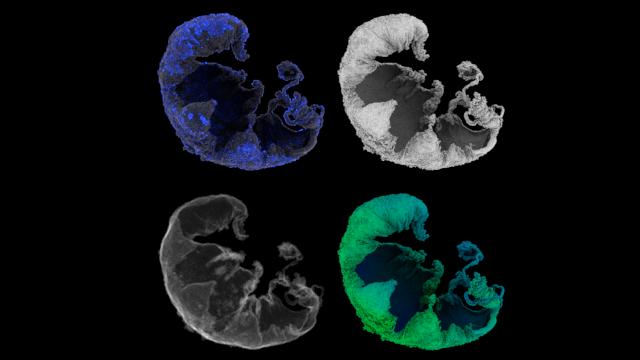
Bio: Andy Lomas is a digital artist and Emmy award winning supervisor of computer generated effects. Cellular Forms is the latest part of Morphogenetic Creations: a series of work which explores how complex organic structures, such as those seen in nature, can be the emergent generative products of growth processes.
In 2014 Cellular Forms won The Lumen Prize Gold Award, as well as the Best Artwork Award from the A-Eye exhibition at AISB-50, and an Honorary Mention from the jury at the Ars Electronica Festival.
He has had work exhibited in over 50 joint and solo exhibitions, including SIGGRAPH, the Japan Media Arts Festival, the Ars Electronica Festival, the Los Angeles Center for Digital Art and the Centro Andaluz de Arte Contemporaneo. He has work in the D'Arcy Thompson Art Fund Collection, and was selected by Saatchi Online to contribute to a special exhibition in the Zoo Art Fair at the Royal Academy of Arts.
His production credits include Walking With Dinosaurs, Matrix: Revolutions, Matrix: Reloaded, Over the Hedge, The Tale of Despereaux, Avatar, and he received Emmys for his work on The Odyssey (1997) and Alice in Wonderland (1999).

